Dr Scott Allen is a Senior Post Doctoral Researcher at the Sheffield Institute for Translational Neuroscience (SITraN). Here he blogs about his experience as a research volunteer in an MRI scanner.
Today, as part of on-going work by Doctor Tom Jenkins and Prof Pamela Shaw at the Sheffield Institute for Translational Neuroscience (SITraN), I volunteered as a healthy control to have a full body MRI scan.
Mitochondria and MRI
Tom’s work is very similar to my own; he aims to determine whether there are differences in the way that people with motor system disorders produce energy compared with healthy volunteers. Mitochondria are known as the “powerhouses” of human cells and produce energy. Tom wants to find out whether there is evidence for abnormal function of these mitochondria by doing magnetic resonance imaging (MRI) scans of the brain.
The type of MRI (phosphorus spectroscopy) can measure the levels of chemicals produced by the mitochondria within the human brain. Tom is also interested in determining how problems with motor nerves impact on muscles; this can be investigated using an MRI scan. The hope is that Tom can use this technique to diagnose patients early in the disease course.
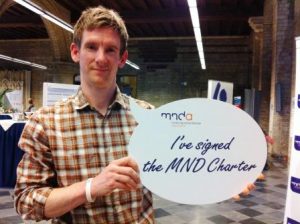
The full body MRI scan
I had to lie completely still in the chamber for one hour without moving as the team took images of my whole body. As I was lying there I thought what must it be like for people living with MND towards the end of the disease?
I couldn’t move for an hour and all I wanted to do was lift my legs, scratch my nose, move my fingers and get more comfy. People living with MND have that 24 hours a day, 7 days a week at the end, it must be terrible.
I had the knowledge that in an hour it would be over, I could get up, stretch my back and walk around, people living with MND don’t have this luxury. This is why Tom’s work and others working at SITraN is vital to understand how the disease process affects the metabolism of patients, so we can understand how MND affects metabolic pathway interaction. Only then can we develop diagnostic tools, find metabolic biomarkers of disease and perhaps develop energy supplementation regimes to improve the quality of life of people living with MND and find a cure for the disease.

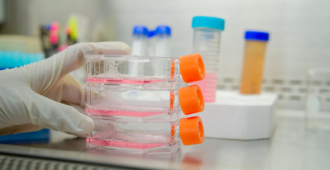
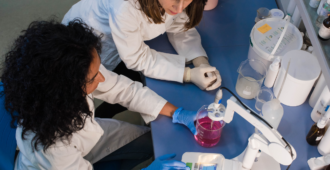
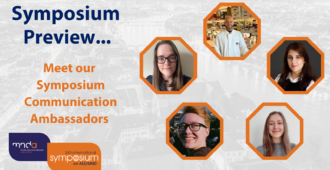
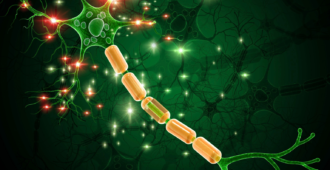

I keep seeing many posts on fundraising and conferences etc., but is there no positive news on results or remedies? Not sure if this is the way it is being reported or if everyone is just attending meetings and talking about what they are doing or going to do, and in fact nothing has progressed. I have a very close friend who has been diagnosed with this and I am constantly searching for some positives.
Dear Sarann,
Thank you for your comment and I’m sorry that you feel there has not been any positive results or remedies. This year we have already identified a new gene, which is responsible for a small number of cases of inherited MND (5-10% of total cases) and our funded research has also given us insights into how the protein TDP-43 may cause motor neurones to die, identifying a potential drug target. One of our researchers is also trying to make Riluzole better. These research discoveries wouldn’t have been possible without the generosity of donations and fundraising.
The recent Tirasemtiv trial was unsuccessful but during a conference last month the company announced that the drug had an effect in some individuals, with the company pursuing this avenue further.
Unfortunately, only when we can identify more causes of MND and potential drug sites, will we then go on to develop targeted drug treatments. We are funding an initiative to identify more of the causes of MND and we will be announcing this later this month.
Conferences enable the sharing of data and formation of new ideas and collaborations. Please be assured that MND research is progressing, with publications increasing year upon year (before 2007 we only knew 20% of the causes of inherited MND, in 2011 we knew 60-70%). Research unfortunately takes time, but researchers around the world are slowly beginning to unravel MND; what causes it and, importantly, how we can stop it.
Some of our research posts this month will be providing updates on the research we fund, as well as current opportunities to get involved, which I hope you find interesting.
If you have any questions please do not hesitate to contact me on 01604 611 880 or research@mndassociation.org.
Kind regards,
Samantha Price, PhD
Research Information Co-ordinator, MND Association, UK
Reblogged this on Samson & Motor Neurone and commented:
Follow for mnd awareness